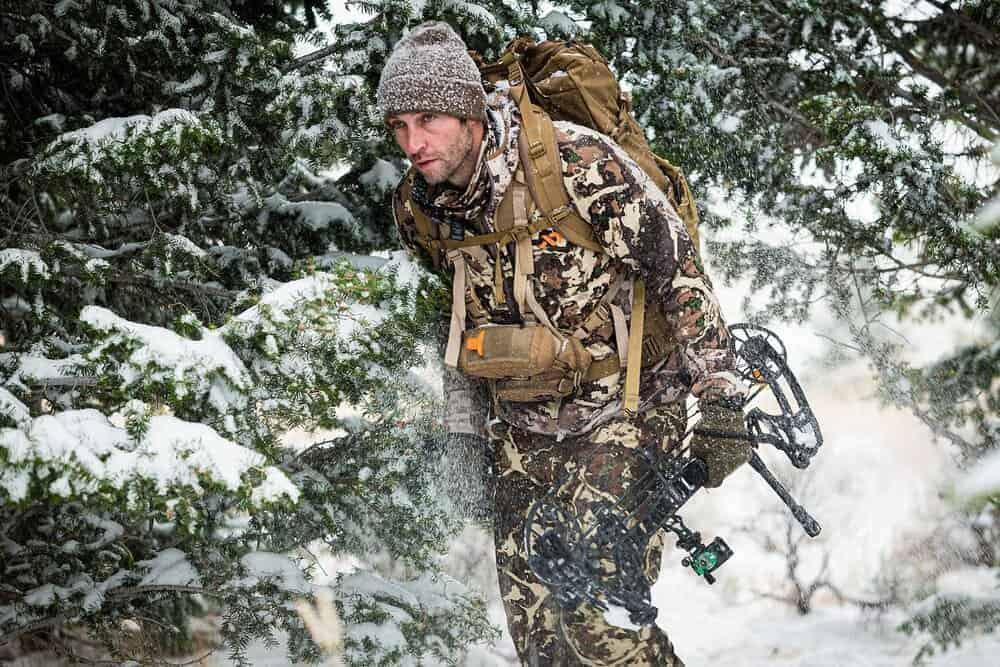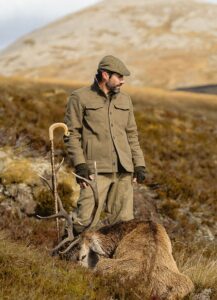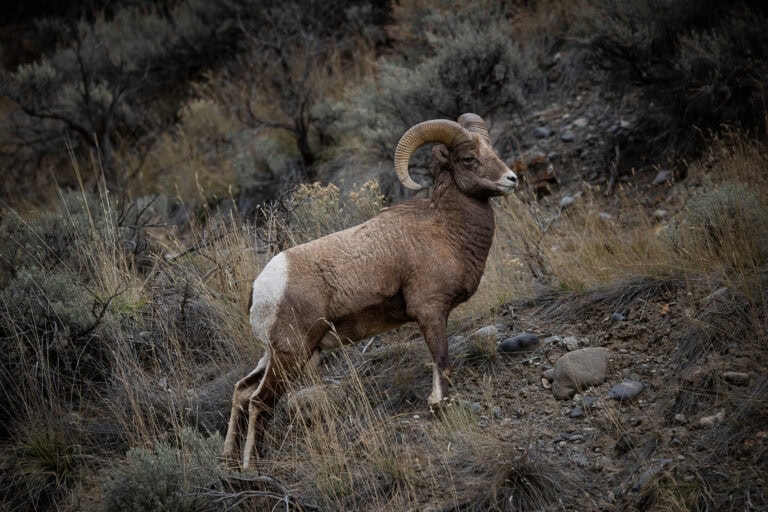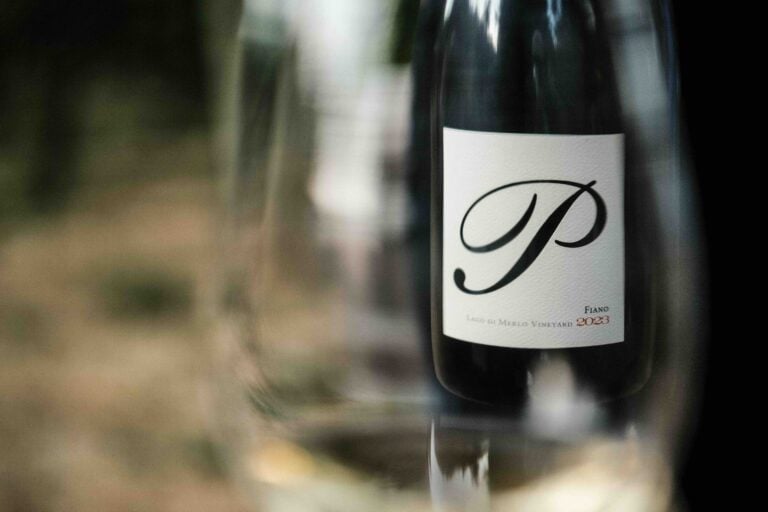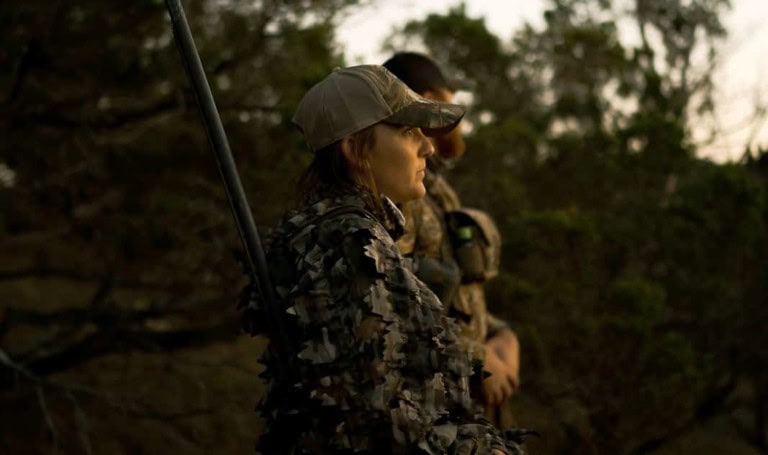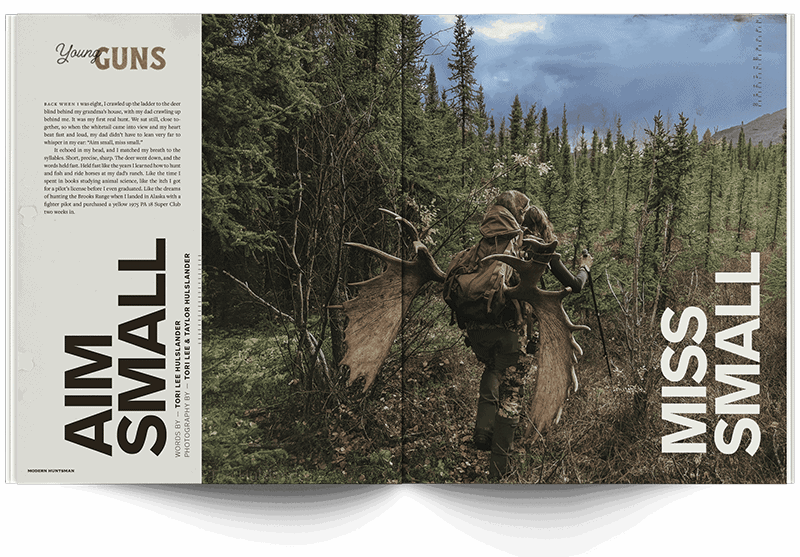From the beginning, Modern Huntsman has strove to be a bipartisan forum, and bring in diverse perspectives from often opposing viewpoints, in hopes of having constructive conversations where they are otherwise not being had. Whether it’s debating the nuances of hunting ethics, dietary choices, or especially politics, we feel that the future of hunting depends on our collective ability to broaden the range of people in these conversations, and find common ground. To seek the greater good, expand horizons, and be empathetic towards those who might think, act, or live differently than you, rather than continue the destructive cycle of divisiveness that has turned so many away from this community over the years. It is our intention with this new interview series to continue that mission, to pull the curtain back for those willing, and cultivate an open space to have real conversations. Which leads to our first interview.
TYLER SHARP – Many folks know you from your NFL career, appearances on TV, or sensationalized headlines, but most people probably don’t know about your passion for hunting. Tell us about your upbringing. How were you introduced to it?
JAY CUTLER – It started with my dad. We were raised lower middle class in Indiana, and hunting was a way for him to bring meat to the table. Every single dollar was either going toward the family, the kids, or some way to make our lives better. He could subsidize meat that way, and that’s how it all started. I just remember my mom saying, “We need to get a deer this year. We need something in the freezer.” It’s evolved from that point, but it was a means to an end. We needed that protein and that food. I started going out with him more, and I remember the first...
